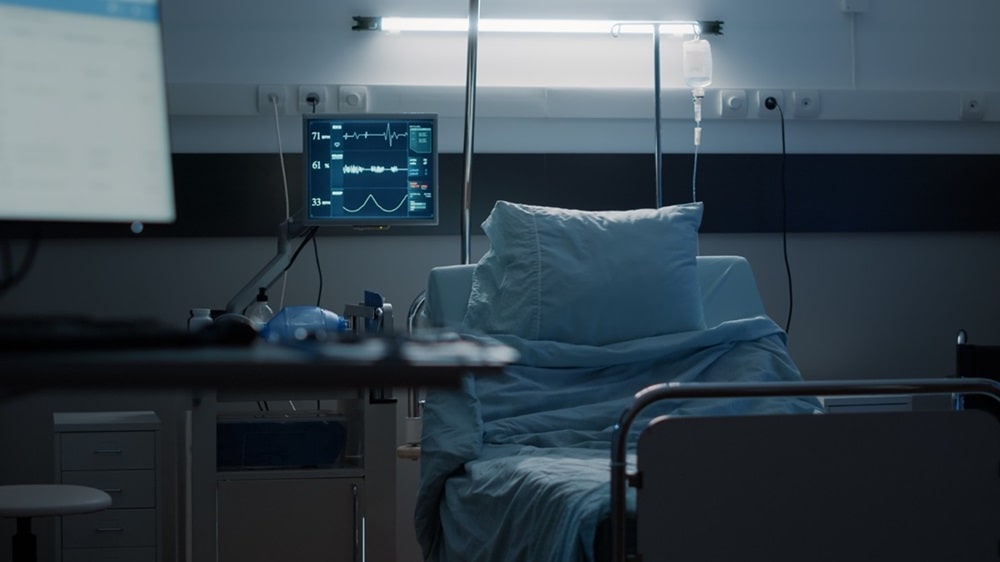An ICU is a specialized unit that provides critical medical care to acutely unwell patients. It offers life support for individuals facing sudden and critical health issues. Admission to the ICU typically requires a referral from a doctor or specialist, except in emergencies.
ICU patients can have planned admissions following surgery, unexpected admissions due to accidents, or they may be admitted because of a sudden health crisis. ICU teams are composed of skilled nurses, doctors, and specialists trained to care for various medical, surgical, and trauma conditions. Some ICUs focus on specific health conditions or injuries, such as major trauma, severe burns, organ transplants, respiratory failure, complex spinal surgery, or cardiothoracic surgery.
ICUs vary in layout and equipment, depending on the specialized procedures they perform. They are typically sterile, well-equipped areas with advanced monitoring and technical devices. The ICU environment can be overwhelming for patients and visitors due to the activity, sounds, machines, tubes, and monitors. These emotions are understood and supported by the staff.
ICU usually maintains a higher ratio of doctors and nurses to patients.
ICU patients are often connected to various monitoring and life support equipment, including heart monitors, ventilators, and intravenous infusions. Alarms are used to alert staff to changes in a patient's condition, not all of which indicate an emergency.

MBBS ; MD (Anes.); IFCCM.;IDCCM;
Intensivist
Chief Of Critical Care Services
Dr. Sai Lakshman Pasupuleti, Chief of Critical Care Services at Palla Hospitals, Kadapa, is an accomplished Intensivist with extensive expertise in handling multispeciality critical cases. He completed his M.B.B.S at the renowned Kurnool Medical College & Govt Gen Hospital. Dr Sai Lakshman earned his M.D. in Anaesthesiology from the prestigious Nizam's Institute of Medical Sciences, Hyderabad, and holds an IFCCM and an IDCCM in Critical Care Medicine from esteemed St. John's Medical College Hospital, Bangalore. He has 8years of experience in managing critically ill patients and achieved many clinical and professional accomplishments. His commitment extends to ensuring comprehensive care in critical situations and training nurses

ICUs have specific visitor policies to ensure patient well-being. Visiting hours and requirements vary; typically, immediate family members are allowed to visit. If you're unwell or have health concerns, consult ICU staff before planning a visit.
Visitor hand hygiene is crucial to prevent infections since ICU patients are highly vulnerable. Washing hands before entering the ICU is essential to prevent the spread of infection.
Mobile phones should be turned off in the ICU, as they can interfere with vital electrical equipment supporting patients.
Restrictions on gifts ensure easy access to medical equipment and patients. Check with ICU staff about what items you can bring.
